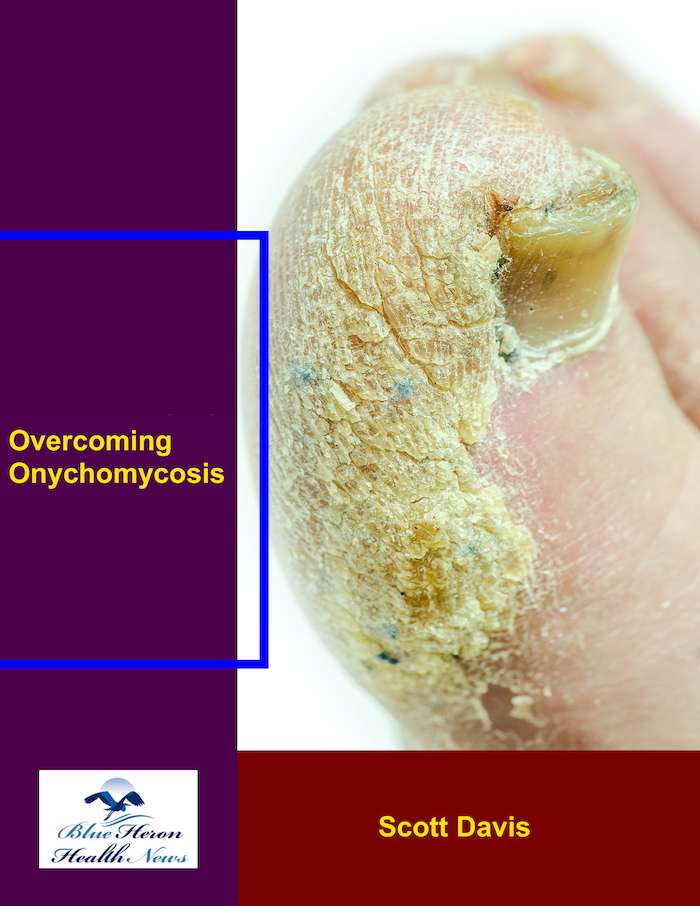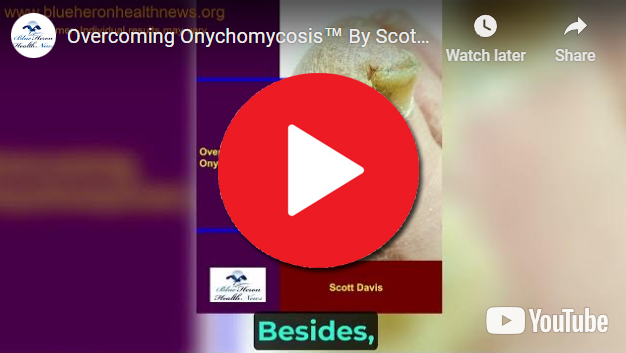
Overcoming Onychomycosis™ By Scott Davis It is a simple, natural, and all-in-one solution for onychomycosis. The program can help you to treat your nail fungus naturally. Once you follow this program, you do not need to spend on expensive treatments to prevent a recurrence. In brief, you can have a proven solution for your chronic nail fungus. Besides, the program is easy to follow, and most users find it effective against onychomycosis.
How can one manage hemorrhoids with Crohn’s disease?
Managing hemorrhoids in the context of Crohn’s disease requires a careful approach because both conditions can affect the digestive system and often share overlapping symptoms such as diarrhea, constipation, abdominal pain, and inflammation. Since Crohn’s disease can result in chronic intestinal inflammation and bowel movement difficulties, it can exacerbate hemorrhoid symptoms and make management more complex.
Here are strategies for managing hemorrhoids while living with Crohn’s disease:
1. Focus on a High-Fiber Diet (with caution)
- Fiber is essential for promoting regular bowel movements and preventing constipation, which can lead to straining—one of the primary causes of hemorrhoids.
- However, individuals with Crohn’s disease often experience flare-ups that may make it difficult to tolerate high-fiber foods (especially during active flare-ups or in the presence of strictures).
- During flare-ups, a low-residue or low-fiber diet might be recommended to reduce irritation in the intestines. When the disease is in remission, gradually incorporating soluble fiber (found in oats, apples, and carrots) can help soften stools and ease bowel movements, reducing straining.
- Insoluble fiber (found in whole grains, vegetables, and some fruits) may be harder to digest and could worsen symptoms during flare-ups, so it’s best to avoid these foods during active disease periods.
2. Stay Hydrated
- Dehydration can worsen constipation, which in turn can aggravate hemorrhoid symptoms. People with Crohn’s disease are at risk of dehydration due to diarrhea or malabsorption.
- Aim to drink plenty of water throughout the day (about 6-8 cups), and consider drinking electrolyte-replenishing beverages during flare-ups to maintain hydration and prevent hard stools.
3. Avoid Straining During Bowel Movements
- Straining during bowel movements is a significant risk factor for hemorrhoids. Managing constipation or diarrhea effectively can help prevent straining and minimize hemorrhoid flare-ups.
- Consider using a stool softener or a gentle laxative (under the guidance of a healthcare provider) if constipation is an issue. It’s important to maintain regular bowel movements without excessive straining.
- If diarrhea is an issue, managing it with medications prescribed by a doctor (e.g., anti-diarrheal medications) can help avoid the need for frequent bowel movements that can aggravate hemorrhoids.
4. Topical Treatments for Hemorrhoids
- Over-the-counter creams and ointments that contain hydrocortisone or witch hazel can reduce hemorrhoidal swelling and discomfort. These treatments can provide temporary relief from pain, itching, and inflammation associated with hemorrhoids.
- Use moist toilet wipes instead of dry toilet paper to prevent irritation of hemorrhoids, especially during flare-ups when the skin may be more sensitive.
5. Manage Inflammation with Medications
- Anti-inflammatory medications such as corticosteroids or immune-modulating drugs used for Crohn’s disease can also reduce inflammation that contributes to hemorrhoid discomfort. If hemorrhoids are particularly painful or swollen, your doctor may recommend using a topical corticosteroid cream to reduce inflammation directly in the anal area.
- It’s important to follow the medication regimen prescribed by your healthcare provider for Crohn’s disease to manage bowel inflammation and symptoms effectively.
6. Regular Exercise
- Exercise can help improve bowel function by promoting regular, healthy bowel movements and reducing the risk of constipation, which can aggravate hemorrhoids. Walking, swimming, or yoga can be great low-impact exercises that encourage overall circulation and digestion without exacerbating Crohn’s disease symptoms.
- However, avoid intense activities or exercises that put excess strain on the abdominal area, as these may increase discomfort.
7. Warm Sitz Baths
- Soaking in a warm sitz bath can provide soothing relief for hemorrhoid symptoms. The warm water helps to reduce swelling, relieve pain, and promote blood flow to the affected area.
- This can be especially helpful after bowel movements to alleviate discomfort.
8. Avoid Irritants
- Certain foods or beverages can irritate both Crohn’s disease and hemorrhoids. For example, spicy foods, alcohol, and caffeine can irritate the digestive system and increase the risk of gastrointestinal flare-ups and hemorrhoidal discomfort.
- Avoiding these irritants can help keep both conditions under control.
9. Manage Stress
- Stress can worsen both Crohn’s disease and hemorrhoid symptoms. Managing stress through relaxation techniques, such as deep breathing, yoga, or meditation, can help reduce flare-ups and the severity of both conditions.
- Keeping stress levels low may help prevent exacerbations of Crohn’s disease and reduce the likelihood of worsening hemorrhoids.
10. Surgical Treatment for Severe Hemorrhoids
- In severe cases of hemorrhoids that do not respond to conservative treatments, surgical options (such as hemorrhoidectomy or rubber band ligation) may be considered. It is crucial to discuss this option with your healthcare provider, especially in the context of Crohn’s disease, since Crohn’s can complicate recovery from surgery.
11. Work Closely with Your Healthcare Provider
- Both Crohn’s disease and hemorrhoids require personalized care and monitoring. It’s important to collaborate with your healthcare provider to manage both conditions simultaneously. They can help guide dietary choices, recommend safe treatments, and adjust medications to address both the inflammation of Crohn’s disease and hemorrhoid symptoms.
Summary of Key Management Strategies:
- Fiber management: Increase soluble fiber during remission and reduce fiber during flare-ups.
- Hydration: Drink plenty of water to avoid dehydration and prevent constipation.
- Avoid straining: Use stool softeners and anti-diarrheal medications if necessary.
- Topical treatments: Use hydrocortisone or witch hazel for relief.
- Medications: Continue medications for Crohn’s disease to reduce inflammation.
- Exercise: Engage in gentle physical activity to promote bowel health.
- Sitz baths: Use warm baths for symptom relief.
- Stress management: Reduce stress to avoid flare-ups.
Managing hemorrhoids alongside Crohn’s disease requires a holistic approach that addresses both the digestive and rectal issues. Working closely with your healthcare provider and making adjustments to diet, lifestyle, and medication can help improve comfort and minimize complications.
Overcoming Onychomycosis™ By Scott Davis It is a simple, natural, and all-in-one solution for onychomycosis. The program can help you to treat your nail fungus naturally. Once you follow this program, you do not need to spend on expensive treatments to prevent a recurrence. In brief, you can have a proven solution for your chronic nail fungus. Besides, the program is easy to follow, and most users find it effective against onychomycosis.
